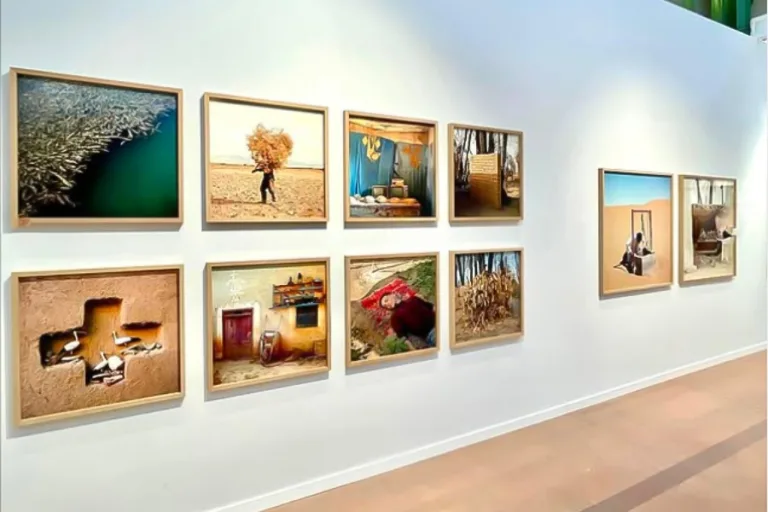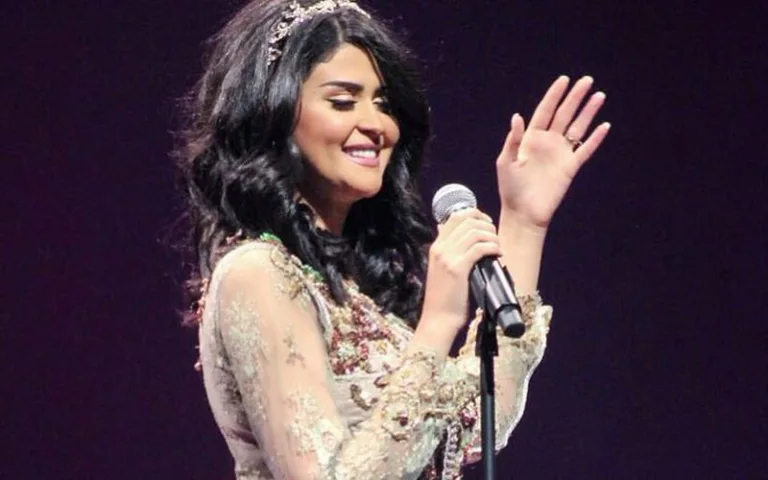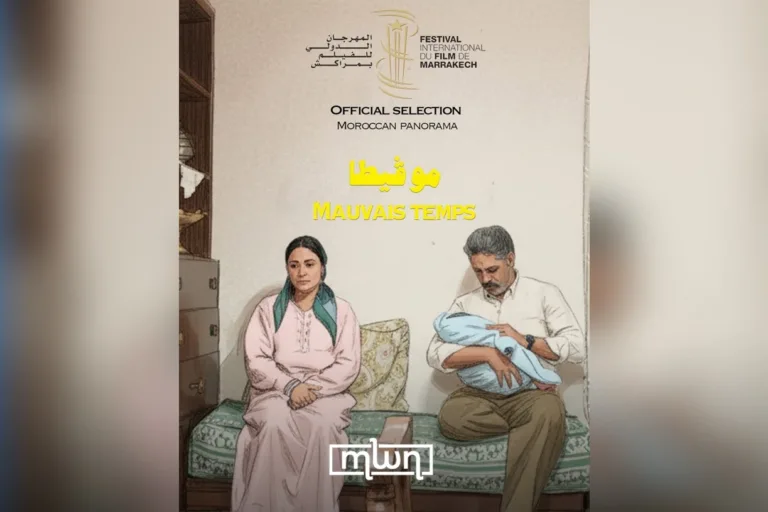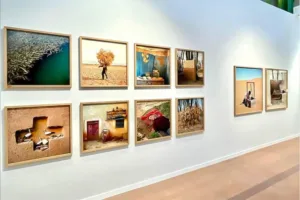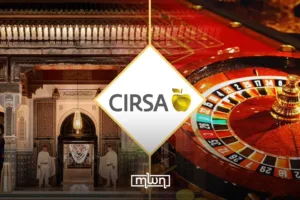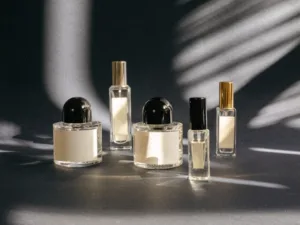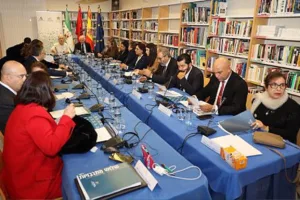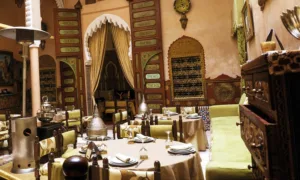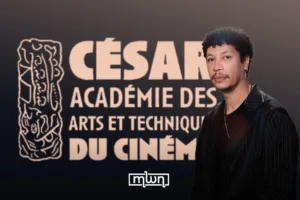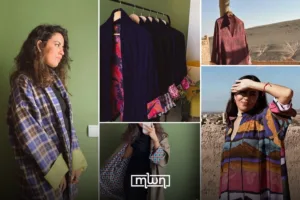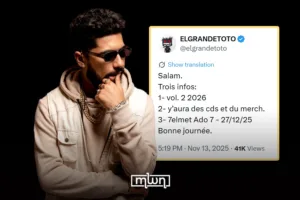Fez – The 25th edition of the National Theater Festival opened Friday evening at Tetouan’s historic Spanish Cinema theater, with an opening tribute to prominent Moroccan theater artists.
Organized by the Ministry of Youth, Culture, and Communication, in partnership with the province of Tetouan, the festival runs from November 14 to 21. It brings together 12 Moroccan troupes in an official competition.
Speaking at the event, Minister of Youth, Culture, and Communication Mohamed Mehdi Bensaid described this as an “exceptional edition,” coming in the wake of the newly established Day of Unity and the 50th anniversary of the Green March. He stressed that theater serves as a witness to Morocco’s ongoing social and development achievements.
Bensaid added that the ministry is moving steadily within the broader national project led by King Mohammed VI to modernize the country and reinforce its regional and international standing, including in cultural and civilizational fields.
The festival is not only an artistic showcase but also a celebration of the reach Moroccan theater has achieved in creation, research, and critical writing. A new generation of young artists, he noted, is now confidently carrying the torch, turning theater into a driver of creativity and cultural renewal.
The minister highlighted ongoing reforms to upgrade theater infrastructure and support artistic production, from renovating performance spaces to opening new venues for young talents. He pointed to a new support system based on a clear set of criteria and a participatory approach, designed to respond to professionals’ expectations and lay the foundations for a genuine cultural industry.
The goal is to strengthen mechanisms of financial and institutional backing, improve conditions for professional production, and help Moroccan theater take on new challenges at home and abroad.
Festival director Yassine Ahjam said this silver-jubilee edition, launched in a festive atmosphere uniting audiences and artists, offers “many surprises” and several parallel sections beyond the competition. The program includes “Maqamat créatives,” blending poetry, music, and visual arts, along with book and scenography-model exhibitions, acting and improvisation workshops, storytelling sessions, book signings, and intellectual colloquia.
A total of 12 plays meeting the required artistic standards will compete for the National Theater Prize and the festival’s Grand Prize, as well as awards for writing, directing, scenography, costumes, and best female and male performances, in addition to a “Hope Prize” for emerging talent. The selected productions include “Tkharchich” (Fez), “Adanas” (Khouribga), “Mouwatine Iqtisadi” (Tetouan), “Al Harraz” (Rabat), “Rihla” (Sala Al Jadida), “Moundhou Mata Kanat Al Ard Korawiya” (Meknes), “Idam Assama” (Agadir), “Moumanaâ” (Fez), “Vertige” (Fez), “Hiha” (Benslimane), “Yawm Al Ibhar” (Marrakech), and “Ghoroub” (Rabat).
Beyond the main competition, the festival is also staging out-of-competition performances, shows for children, and special programming for inmates at Tetouan’s local prison, reinforcing its role as a bridge between theater and society.
For the ministry, Bensaid concluded, supporting the stage arts means investing in one of the essential pillars of a culturally strong and conscious society, one that reflects Morocco’s diversity and fosters dialogue between generations.


